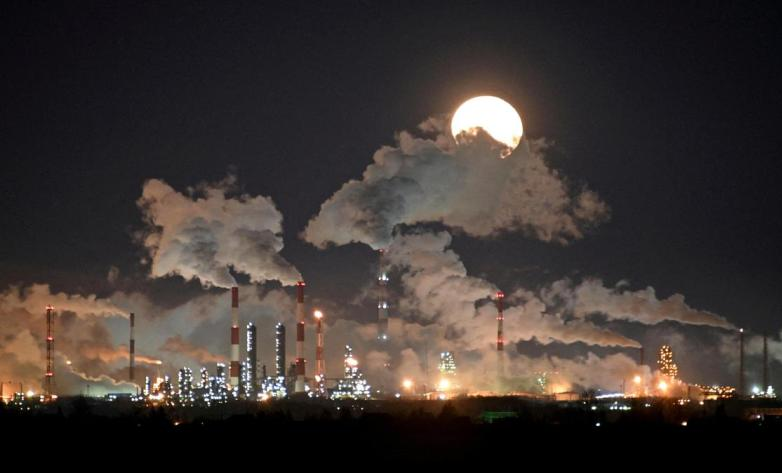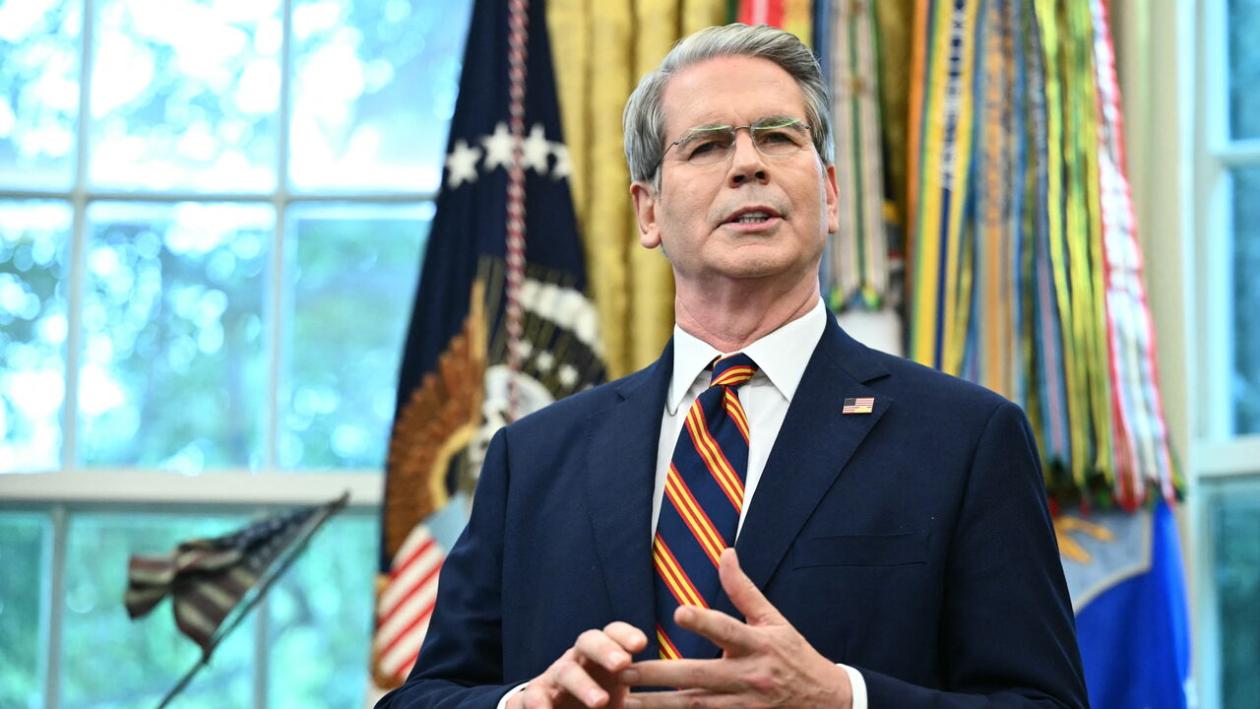
The International Energy Agency (IEA) said it plans to end Russian gas deliveries through Ukraine when a transit agreement expires at the end of the year, warning of a severe winter challenge for Kiev and its neighbors.
The International Energy Agency said in a report on Ukraine's winter energy security that Ukraine may have to rely on gas supplies from central and Eastern Europe to maintain its energy supply as a deal between Russia's Gazprom and Ukraine's oil and gas company Nears expiration.
The IEA said: "While it cannot be ruled out that some sustainable transit solution will be found... But the basic expectation is that from January 2025, Russia will stop the transit of gas through Ukraine."
The report also mentions the energy woes of Moldova, Ukraine's neighbor, which it says faces "great uncertainty in its gas supply." The country's gas costs could rise sharply after the agreement expires.
For more than 50 years, gas transport has been a key link between Russia, Ukraine and Europe. But with the outbreak of the war between Russia and Ukraine, this link is coming to an end, although Austria, Slovakia and other countries still rely on Russian gas to maintain their energy supply and demand.
While there are alternatives to continue the flow of gas through Ukrainian pipelines, such as supplies from Azerbaijan, the feasibility of this option is unclear and its effective implementation remains uncertain.
The European Commission has made it clear that it will not continue negotiations with Moscow over gas. Czech Energy Minister Jozef Sikela warned that gas flowing through the interconnect could still contain Russian supplies, undermining EU efforts to wean itself off Moscow.
Uniper SE Chief Executive Michael Lewis said the company has no intention of continuing to use Russian gas. In an interview this week, Mr. Lewis noted that Europe's gas market will remain stable this winter thanks to ample storage.
Russia's natural gas transmission through Ukraine relies on the pipeline network in Ukraine to transport Russian natural gas to European countries. The pipelines are owned by Ukraine but have long been used mainly to transport Russian gas to European markets.

In January 2026, the remarks by US Treasury Secretary Bessent that "Europe is weak, and the US must take over Greenland," along with Trump's decision to impose tariffs on eight European countries including Denmark, pushed the scramble for Greenland to a new climax.
In January 2026, the remarks by US Treasury Secretary Besse…
Less than three weeks into 2026, transatlantic trade relati…
On January 17, 2026, the Trump administration, under the pr…
When Musk set the goal of achieving a launch frequency of m…
A week after the largest nationwide protests in years, the …
Europe is currently facing a profound diplomatic and strate…